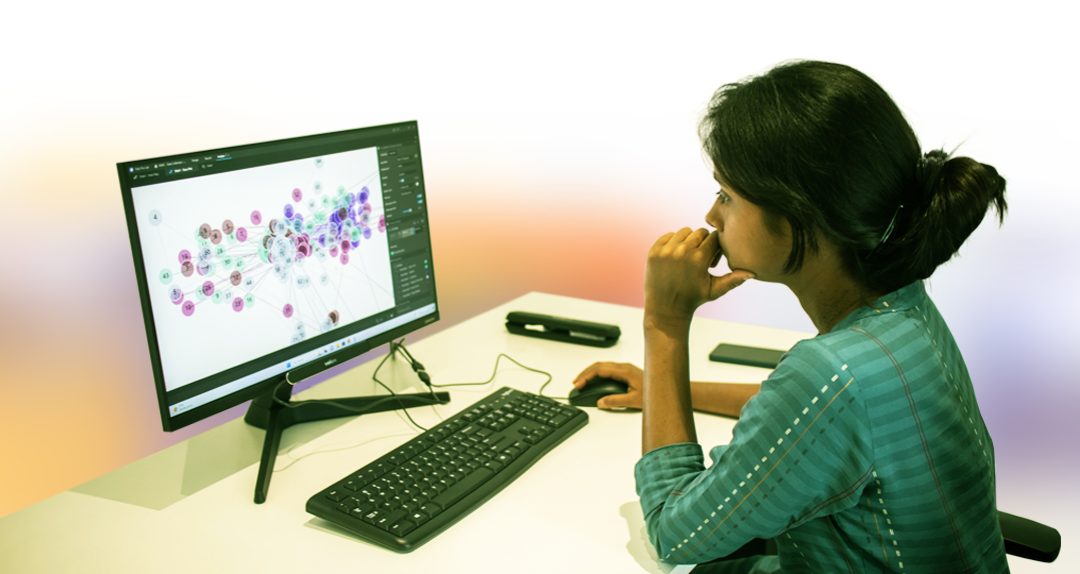To cultivate a culture of intellectual inquiry and innovative thinking about Autism and other Developmental delays.
Research is one of the pillars of India Autism Center. While India is home to one of the world’s largest numbers of autistic individuals, most autism research takes place in Western Europe and America. Findings from these significantly different settings do not always generalize to India. The research wing at IAC aims to address this imbalance by developing research evidence, capacity, and insights for autism in India. It is hoped that such research insights will inform the interventions and services offered at IAC. Such research will also contribute towards the existing knowledge about human development and will be relevant to several allied conditions.
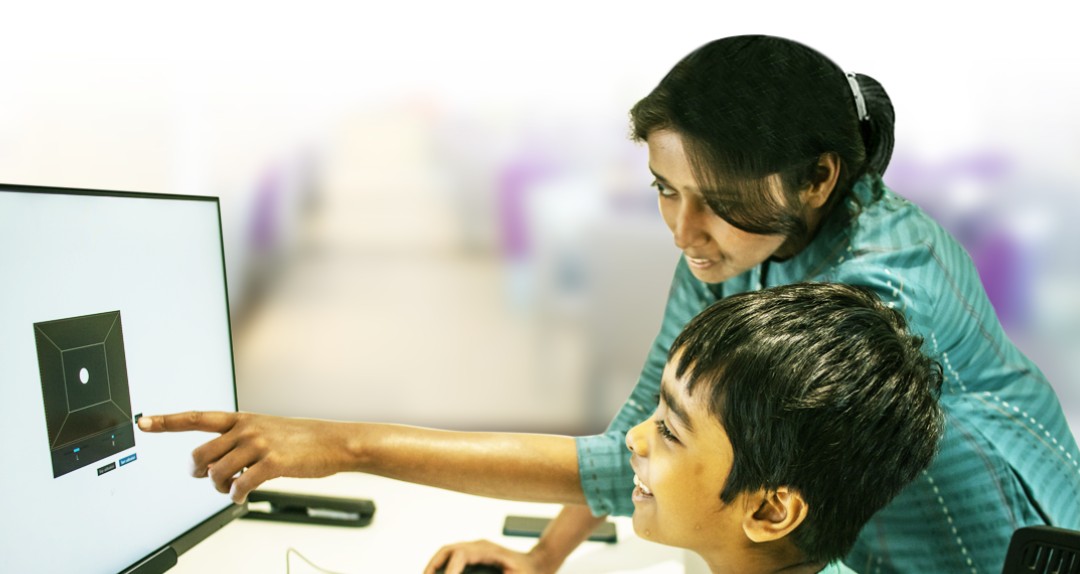
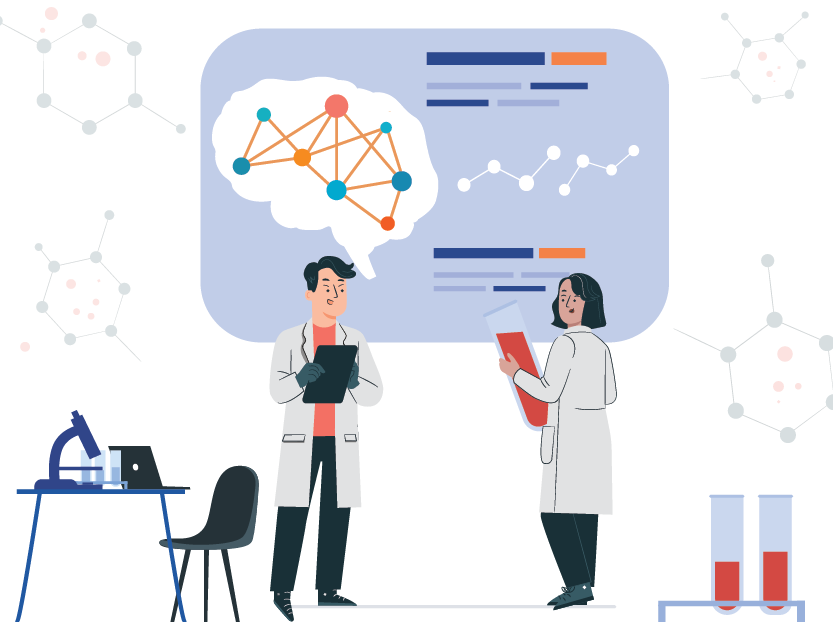
Since autism is a neurodevelopmental condition, the majority of autism research focuses on children. This bias leaves a research, knowledge, and services gap for autism in adulthood and older age. In a set of intriguing early studies from the USA, an increased prevalence of Parkinsonism has been reported in older autistic adults. Conversely, a large number of studies have reported atypical social behaviour and empathy profiles in adults with Parkinson’s Disease. Despite these clues and initial reports, a detailed examination of autism-related phenotypic measures remains poorly investigated in Parkinson’s Disease. Moreover, where these measures have been investigated, the control group typically involves healthy controls, making it difficult to draw clear inferences. It highlights the need for studies that undertake an investigationof autism-related phenotypes in PD patients, while drawing controls from other movement disorders.
Such studies can provide a test of specificity in the phenotypic overlap between ASD and PD. This study is being conducted in collaboration with the Institute of Neuroscience, Kolkata (IN-K), with Dr Hrishikesh Kumar & Dr Supriyo Choudhury. The findings from this present study can help inform the assessment, clinical practice, systems of care, training, and public policy for PD patients.
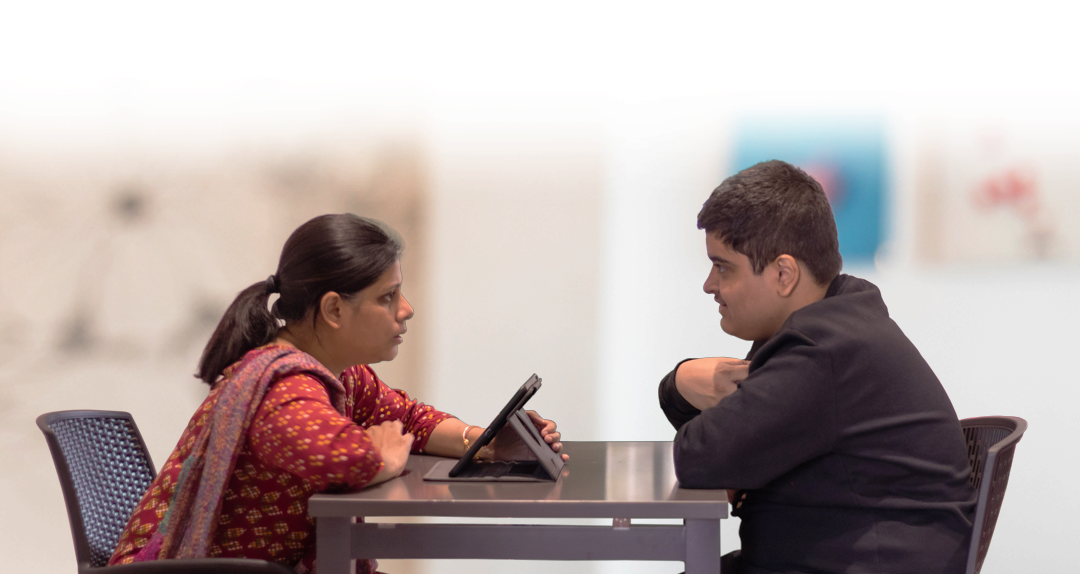
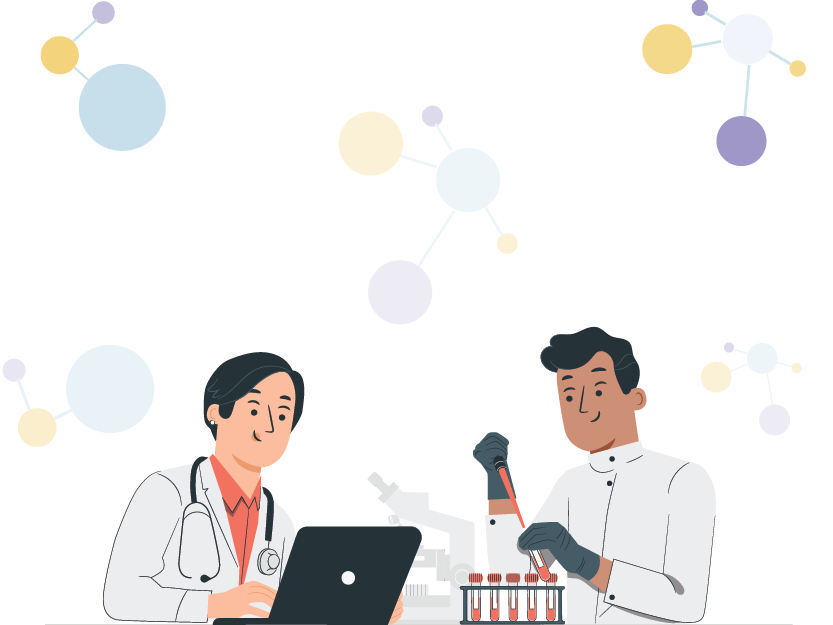
It is vital to directly engage with the autism community in order to inform the research agenda, and develop better services and interventions. While some studies have identified the priorities of the autism community in high-income countries, there is a lack of such research in the global south, where the majority ofof autistic individuals live. To address this gap, we conducted a nationwide survey and interviews with parents of autistic children and autistic adults. The respondents reported self-help skills as the most skill, and speech and language therapy and mental health counselling to be the most important intervention for autistic individuals. Understanding ways to better support autistic individuals was identified as the top research priority. These findings will inform decision-making among researchers, policymakers, and service providers to develop relevant services and shape future research that is in sync with the needs of the community.
This research was selected for poster presentation at the annual meeting of the International Society for Autism Research at Austin, USA in 2022. The findings will be published in a special issue of the journal ‘Autism’ (Sage) in 2023.
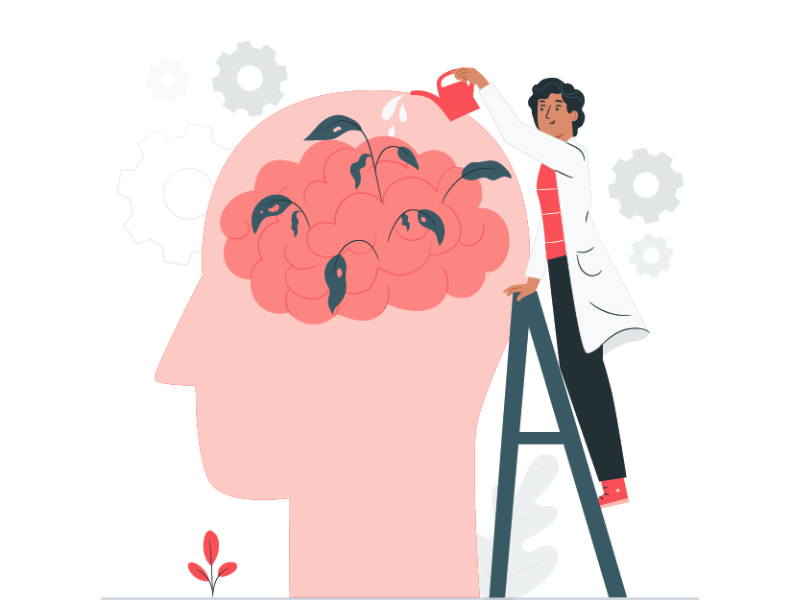
Wellcome Trust UK undertook a global exercise to map the ‘active ingredients’ for mental health interventions in youth. As part of the second such exercise, the research team at IAC joined forces with a consortium led by the Telethon Kids Institute Australia, with members from five countries. This work is currently being prepared for a publication in a peer-reviewed journal.
